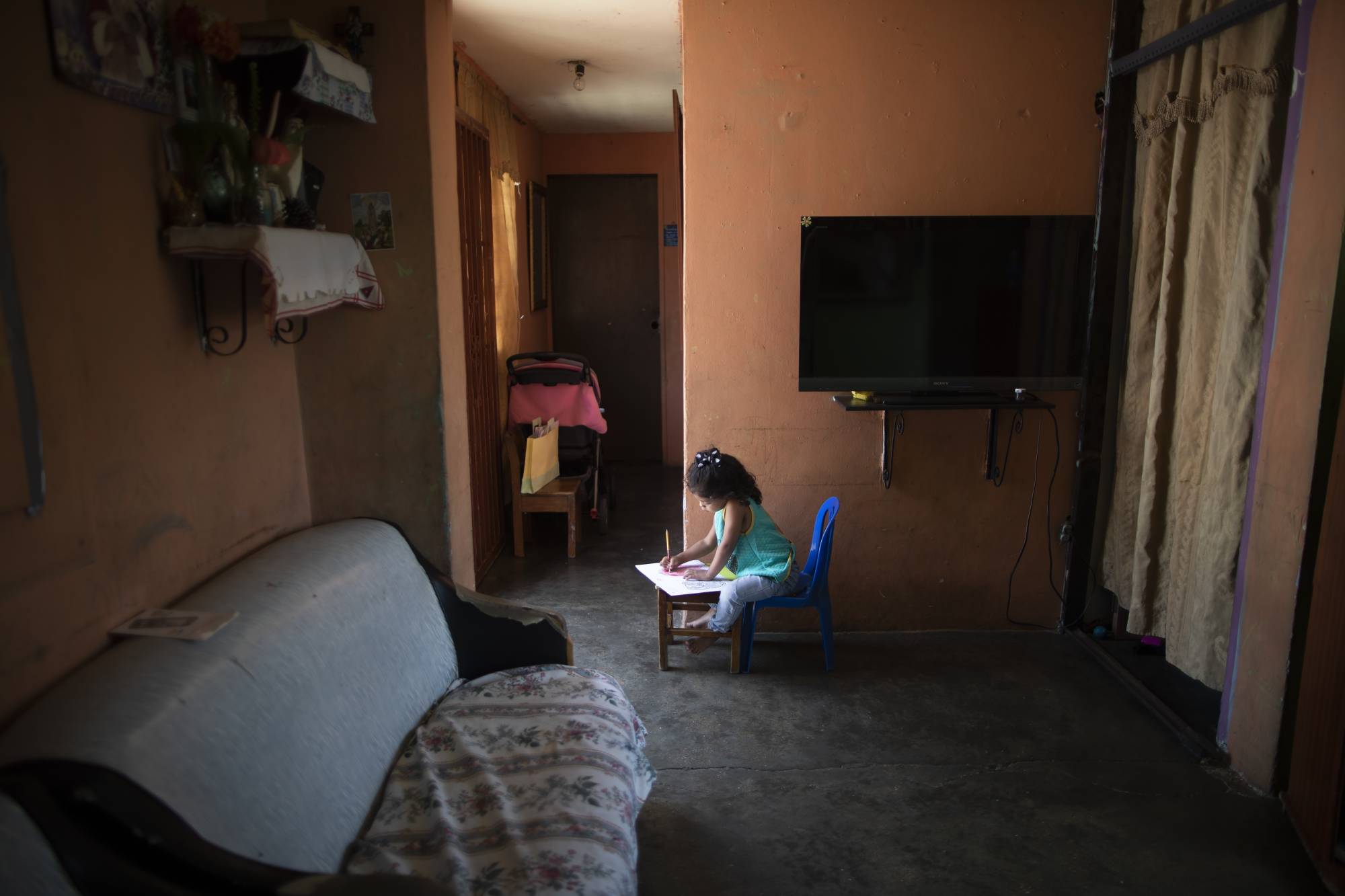Tao Xiaorong spent a month’s rent to buy her 12-year-old son a used laptop in February, a few weeks after schools in Hong Kong closed and classes went virtual. But their internet service is so spotty that he’s had trouble participating in online classes.
"He was very frustrated and used it as an excuse to not study hard,” said Tao, a single mother raising her son on government subsidies in a one-room, 100-square-foot apartment in Sham Shui Po, one of the city’s poorest neighborhoods. "His exam scores are often below average. I’m afraid it’ll get worse after this.”
They are among an estimated 1.4 million residents — 20 percent of the population — in the Asian financial hub who live below the poverty line, typically in cramped apartments with communal kitchens and bathrooms euphemistically called "cubicle homes.” Their experience highlights an educational divide that is worsening around the world as schools shutter because of the pandemic, putting disadvantaged students at greater risk of dropping out, failing to get into college and facing depression and malnutrition.



















With your current subscription plan you can comment on stories. However, before writing your first comment, please create a display name in the Profile section of your subscriber account page.